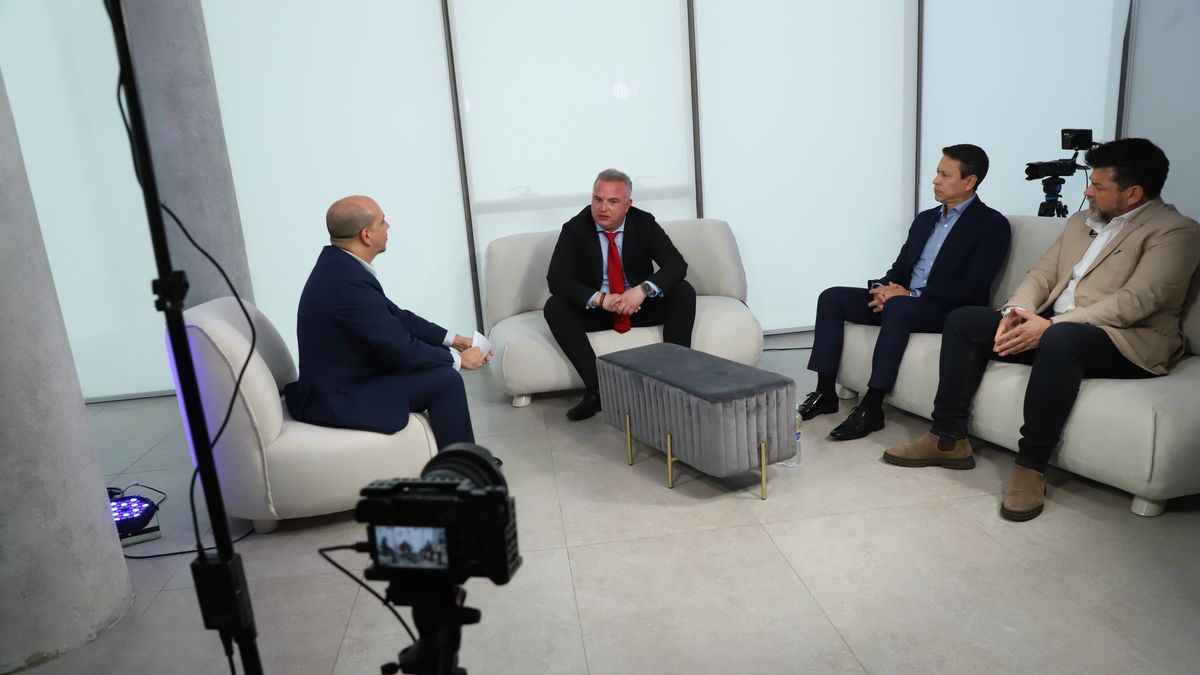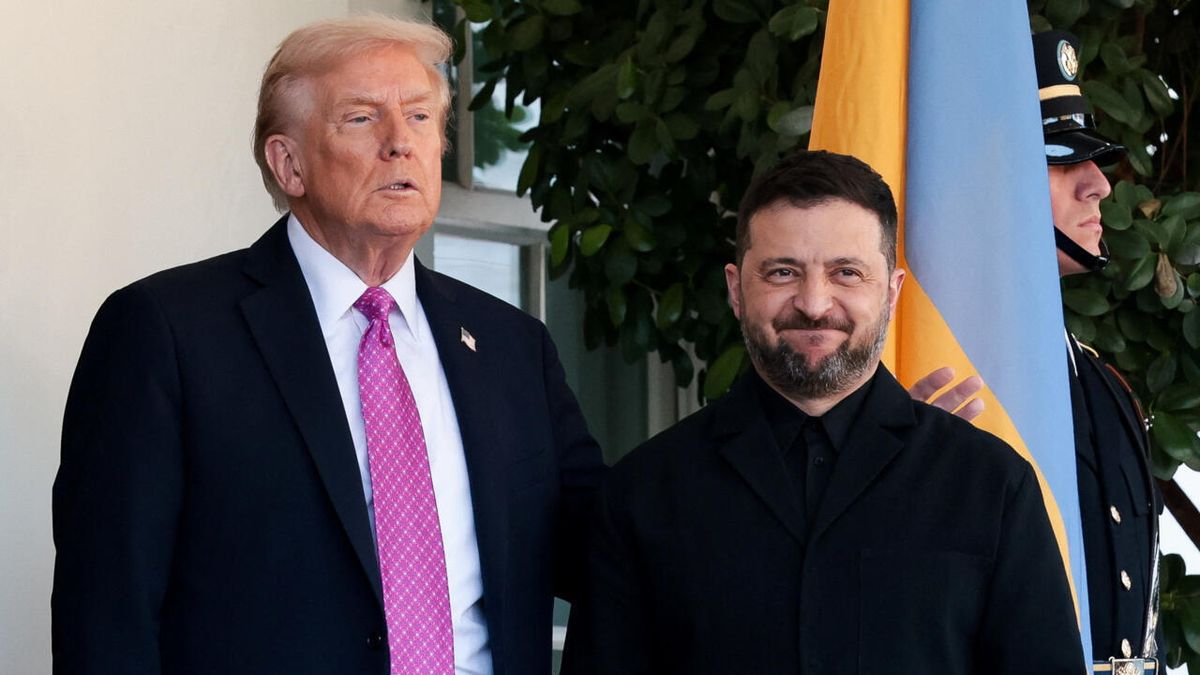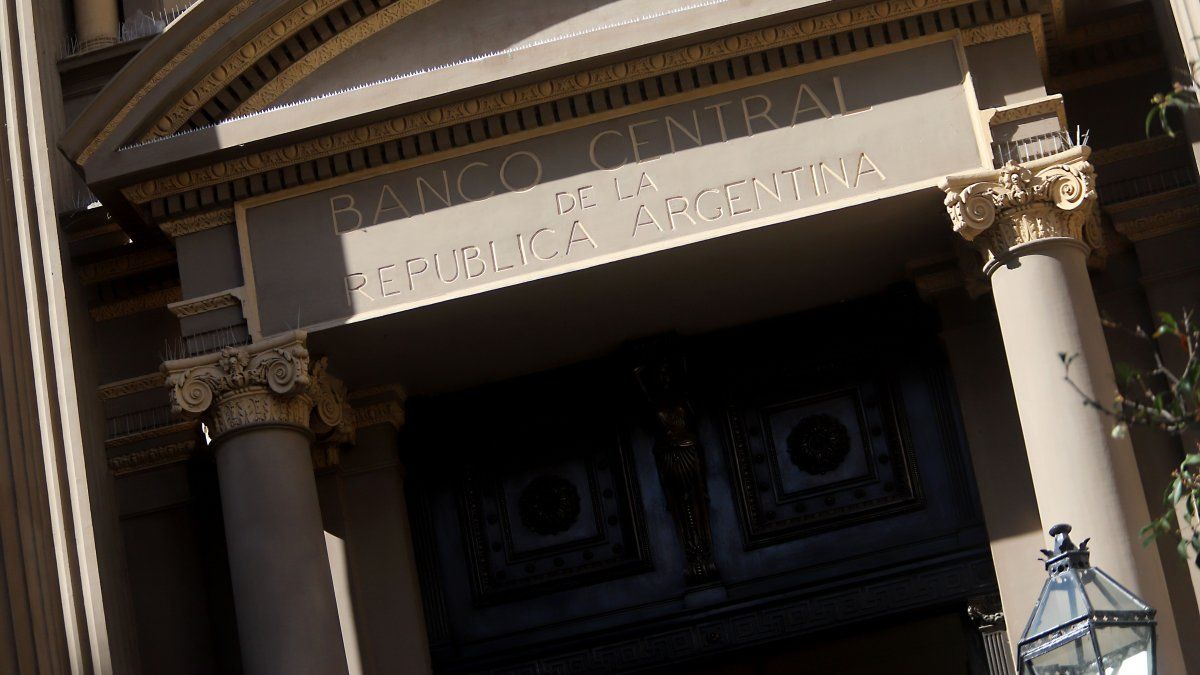“Henkel is on a label attached to a beer bottle or on a medication. It is in everyone’s daily life. Sometimes not so perceived, but it is there”, he valued.
At the same time, Meding highlighted that “Los Azules is part of the McEwen Copper company, which is dedicated to the development of copper mining projects and is number 8 worldwide in terms of resources.”
Regarding its operations in the country, he noted that it seeks to have “the first copper mine based on regenerative principles and the first in Argentina that manufactures directly industrializable copper plates, on a scale that would be Top 30 in terms of production worldwide.”
Although he clarified that the project in San Juan is “in the feasibility stage”, the result of which will be before the middle of next year, he expressed: “We are aspiring to a nominal annual production of 180,000 tons, which would be 1.7 billion export dollars and we want to supply the internal market of Argentina, which is totally feasible, to give sovereignty in terms of critical material for industrial development of Argentina.”
Trujillo.jpeg
Argentina’s challenges
Trujillo referred to the “quite complex environment” of the country and recalled that Icstsi, The Filipino group to which he belongs arrived in Argentina some time ago. “By 2008, when he returned with TecPlata, Argentina It had around 2 million TEUS and today there is less than one. At that time, Guayaquil It had 600,000 and today it has 2.2 million, while Cartagena It had 700,000 and today it has 3.5 million,” he compared.
When evaluating this process, he regretted that “the country had a series of crises that led to foreign trade being significantly reduced and the supply is around an installed capacity of 20%, a very low level,” to which he added “the competitive environment is quite voracious, increasingly concentrated shipping lines and the prospect that this year’s economic recovery will lead to even lower volumes.”
However, he stressed that “for what is to come, There is a model of openness that will surely bring a model of growth in foreign trade.” in reference to Javier Milei’s measures, although he clarified: “It will take a long time to develop.”
To the same extent, Strapasson referred to the complexity of times in ports. “We handle products that have an expiration date and, if you have very slow systems, sometimes we have losses of products in Customs that are a loss of money that falls into the total costs.”
“Our great partners are the drivers of cars, trucks and vehicles. A glass glue is a product that is six or eight months old. From the origin, to bringing it and placing it for the client, it is six to eight months. And two or three months are to release the load. So, that generates losses and makes it difficult to better develop businesses in the country. These delays create challenges for us,” he questioned.
For his part, Meding pointed out that between Chile and Peru they produce 40% of copper production and questioned: “Argentina has the same mountain range as Chile and does not produce anything. “You don’t have to be a geologist to say that there is a huge opportunity.”
“This is reflected in the projects we have in the mining sector for copper, such as Taca Taca in Salta, Josemaría, El Pachón and Altar. San Juan is the copper development hub and there is a huge opportunity that in mining terms in the next ten years they can make a very large contribution to copper production, which will have a significant deficit in that decade,” he anticipated.
And he recalled that “this can transform regional economies and will benefit those provinces and others that provide a lot of labor.”
Meding.jpeg
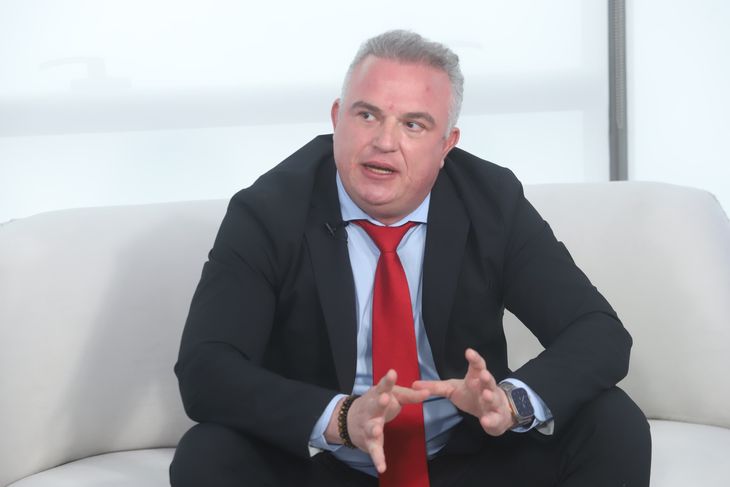
“Green copper” and sustainability
In turn, the Los Azules representative highlighted that the project aims to extract “green copper.” “From the choice of the plant, we could have opted for a conventional one but we chose one that has a smaller environmental footprint,” he said, adding that the production process “uses one eighth of the water of a comparable company.”
“We are making a well 2.4 by 4.2 kilometers in size, we are going to have an impact,” Meding acknowledged, but called “incorporate elements that allow us to be a neutral company in Greenhouse Gas (GHG) emissions.”
“We want to implement environmental care to mitigate in the same place and have greater biodiversity and the possibility of species developing. “We want to be a good neighbor and to be said that we are an example of how mining should be done,” he trusted about his vision.
In turn, Trujillo highlighted that Tecplata was “the first carbon neutral terminal in Argentina” and considered that “it is important, because it helps a lot to begin to see that there is that spirit of starting to work on initiatives that are an inherent part of the production or services provided by different companies.”
“Not only issues related to environmental agendas, but from the perspective that it can generate or prevent the company’s production process. “It has allowed us to improve our processes, be much more efficient and begin to add much more value to our activities,” stood out.
At the same time, Strapasson maintained that Henkel “always had the pillar of sustainability as key” and valued: “We are net zero, one of the most sustainable chemical companies in the world.”
“It is not enough that you control your carbon issues, those of the entire ecosystem have to be considered. “It is something we are venturing into,” he indicated.
The business climate in Argentina
Regarding the perspective of a greater arrival of investments, Trujillo pointed out that “Argentina quickly went from being the least attractive country to the most attractive for investments,” based on indicators such as country risk.
“There is credibility and it is a fact that there is an attraction for capital to come to establish itself to have a remuneration. There are major companies that have been established for a long time and others will be watching carefully. “To the extent that limitations such as the stocks disappear, there will be a very large explosion of investment for Argentina,” held.
Strapasson.jpeg
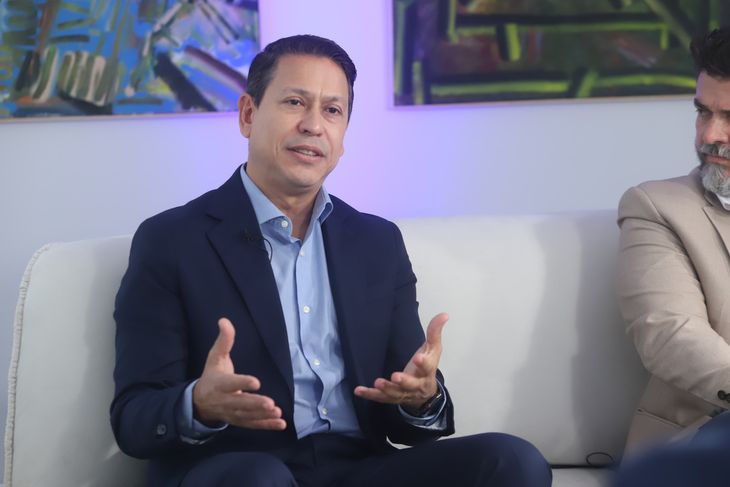
In the same sense, Strapasson considered that “in Latin America there is a context that is always attractive, because it is a market of more than 300 million people with many raw materials” and countered: “Sometimes we create barriers ourselves, but I see well to Argentina. We always invest, there are times to accelerate more and to stop.”
“Last year we were not able to import to expand our plant, but we continued. Now the environment is more favorable because the restrictions have been lifted. It is time for investment and Henkel is going for it,” he posed.
Meding illustrated this situation with a phrase: “Last year they told me ‘What a nice project, what a shame it’s in Argentina.’ In recent months they tell me ‘how interesting, it’s in Argentina’. Today there is no larger mining company that does not have some investment in the country.”
When consulted by RIGI, He stated that “it is clearly a first step on the right path, but one has to ask why we need a law that is trying to encourage investment when “Argentina should be competitive on its own.”
And he compared: “If I want to drill, the subway costs me 600 dollars. If I do the same in Canada, it costs me 200, a third of it. It is a combination of taxes, import problems and logistics because there the train arrives at the process plant and here we have to finance our own processes.”
Source: Ambito

